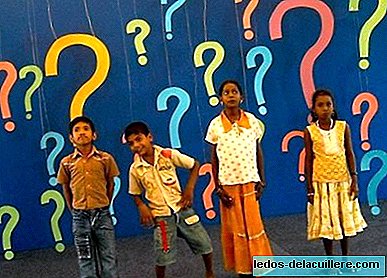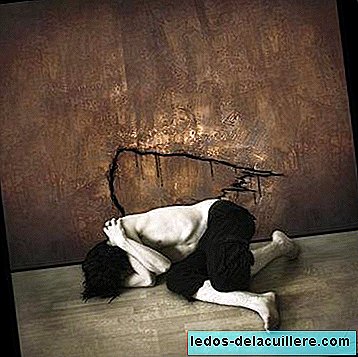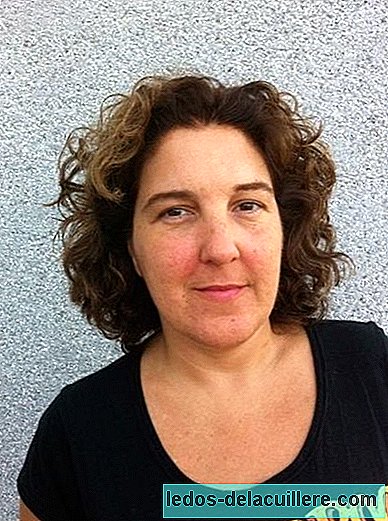
A few days ago we discussed the issue of how to talk about the death of children, a subject often silent or forgotten, and yet it is very convenient to have some notions. Today we focus on the stages of the child in the understanding of death.
Studies reveal that children go through a series of stages in their understanding of death. It is important to know how children evolve in this concept, because in this way we will know how to address the issue with them.
Preschoolers, after two years of age when language develops more widely, usually understand death as reversible, temporary and impersonal. This idea is reinforced by seeing cartoons in which the characters miraculously recover after being crushed, or when the dead bird they saw on the ground is no longer ...
Between the ages of five and nine, most children begin to realize that death is something definitive and that all living beings die, but still do not perceive death as something personal that can affect them. The little ones usually think that, in some way, they can escape from it through their own ingenuity. During this stage, children also tend to "put on a face" or personify death, associating it with a skeleton or with the angel of death ... These images can produce nightmares in some children.
From nine or ten years old Children begin to fully understand that death is irreversible, that all living beings die and that they will also die one day. This will make them often elaborate philosophical ideas about life and death or want to find the meaning of life, even if their anchorage in the present prevents them from imagining that one day it will come to them. In facing and fearing death they are trying to overcome their fears and trying to "control" mortality.
Although these are the fundamental steps, remember that children develop at an individual rate, and each one will need their time. In addition, everyone can experience life uniquely and have their own ways of expressing and controlling their feelings.
There will be some children who are interested in death before others, even at the age of three they are beginning to ask. Some will only be caught by surprise when they have to face the death of a loved one, a pet, a natural tragedy seen in the news ... Others will be afraid to think about death.
Some may never mention death, but they may show their fantasies in their games, causing a doll to die, playing with his friends "to kill" (cowboys, war ...). These games can also lead us to talk about death with them.
In any case we are there to make them lighter a topic that we can worry ourselves. We hope you understand the stages that children go through in their knowledge of death help us to accompany them in their evolution and to talk about it and comfort them with greater confidence and naturalness.












